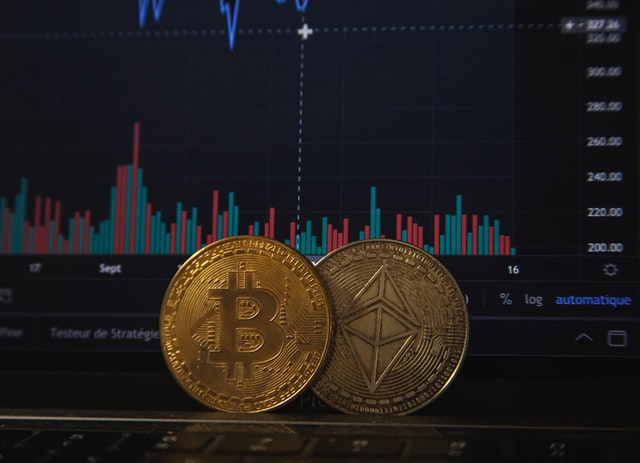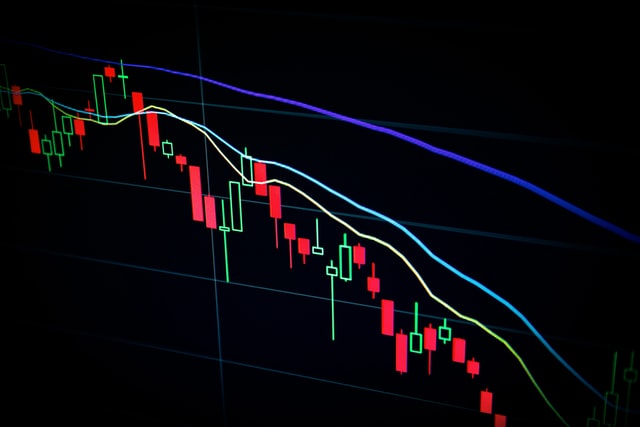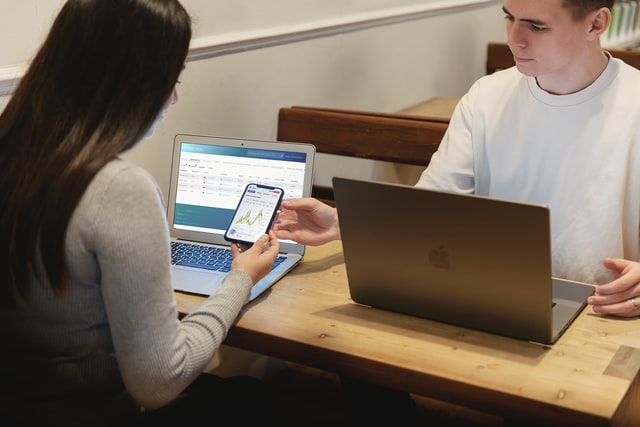By trading volume and liquidity, the forex market is the largest globally. Brokers, corporations, governments, and other economic agents exchange currencies and forex derivatives to facilitate international trade.
Traders utilize the market for speculative purposes as well. There are several arbitrage possibilities with exchange rates and interest rates, making the market a popular one to trade in high volumes or on leverage.
Fiat currency pairings and their relative market values make up the FX market. These pairs are usually purchased and sold in bulk, and a regular lot comprises 100,000 units of the pair’s base currency. However, smaller lots of 100 units are also available.
Traders frequently utilize leverage to maximize the amount of money they can invest. You can also reduce risk by trading a currency pair at a fixed price in the future using futures and swaps. When these two instruments are combined with other trading tactics and goods, forex traders have a wide range of investment options.
Introductio
Even if you don’t trade Forex, the international currency market is likely to impact your everyday life. While the impacts of a stock market decline aren’t always visible, a change in the value of your currency might alter the cost of products and services. You’ve almost certainly had to convert money and pay a rate based on current forex quotes and rates if you’ve been overseas.
Forex is a different asset class than stocks, commodities, or bonds. It’s easy to understand why there’s such a vast market and need for a genuinely global forex market when we look at what makes it distinct.
What is Forex, exactly?
The purchase and sale of sovereign currencies and other forex products are known as Forex or FX trading (from the foreign exchange). The rates we get while exchanging currencies at a bank or bureau de change are directly influenced by what happens in the currency market.
Economic circumstances, global events, interest rates, politics, and other variables influence exchange rate changes. As a result, Forex is extremely liquid, with the highest trading volume among all financial markets.
Trading that facilitates business transactions and speculative trading are the two primary activities in the FX market. Purchasing and selling foreign currency is necessary for enterprises and other organizations functioning in international markets. One of the most common uses of the currency market is to send money back home or to buy items in another country.
The opposite side of FX trading is made up of speculators. Short-term, high-volume trading is frequent, taking advantage of relatively minor price movements in currencies. Forex is a market rich in arbitrage opportunities for speculators, which helps to explain the market’s massive trading volume.
Long-term possibilities, such as shifting interest rates, are also attractive to traders. Economic and geopolitical developments also create significant movements in currency markets over time. Long-term profit may be realized by acquiring a currency today and keeping it. You may agree on exchange rates years in advance and wager for or against the market with futures contracts.
For smaller traders, forex trading can be difficult, and arbitrage and short-term trading become more difficult without borrowing or a large quantity of beginning cash. As a result of this factor, multinational banks and financial institutions account for most of the volume in the foreign currency market.
What is the definition of a forex pair?
At its most basic level, the forex market consists of currency pairings that describe the relative price between them. If you’ve ever traded cryptocurrencies, you’ll be familiar with how the foreign exchange market operates. The base currency is the first currency in a pair, and the second is the quotation currency, often known as the counter currency. The quotation currency is defined as a value associated with a single unit of the base currency.
GBP/USD displays the price of one pound in US dollars, and this ratio is represented by a number, such as 1.3809, which indicates that £1 is worth $1.3809. GBP/USD, sometimes known as cable, is one of the most widely traded currency pairings, and this moniker stems from a 19th-century transatlantic cable that sent this rate between London and New York exchanges.
There are several liquid marketplaces to choose from when it comes to forex trading. USD/JPY, GBP/USD, USD/CHF, and EUR/USD are among the most popular currency pairings. The US dollar, Japanese yen, British pound sterling, Swiss franc, and euro make up the major currency pairings.
Why do individuals engage in forex trading?
The forex market is more than simply a game of chance. FX trading expedites international transactions by banks, corporations, and other parties who require access to foreign funds. Hedging is when companies agree on FX rates in advance to fix the expenses of future currency transactions. Governments can also employ reserves to fulfill economic objectives, such as currency pegging or increasing imports and exports.
Individual traders will find the forex market appealing for the following reasons:
Even tiny traders can use leverage to invest with larger quantities of money than they have access to directly.
The entrance expenses are minimal since tiny quantities of cash may be purchased. Purchasing stock in the stock market might cost thousands of dollars; however, joining the FX market costs only $100.
Forex is appropriate for all schedules since it can be traded practically any time.
The market has a lot of liquidity and a small bid-ask spread.
Standard products include options and futures. Traders who don’t only want to spot buy and sell at the current market price can short the market.
When it comes to forex trading, where do individuals go?
Unlike equities, traded primarily on centralized exchanges such as the NYSE or NASDAQ, FX is traded in global hubs. Over-the-counter (OTC) trades let participants deal directly with one another, while the interbank market connects them to a vast network of banks and brokers.
Because each currency has its own rules, monitoring this worldwide money exchange may be difficult. While many governments have regulatory authorities that oversee domestic trade, their international reach is limited. While You may need to acquire a license or go through an accredited broker for your FX trading, this doesn’t stop traders from simply using other, less regulated markets for their activities.
New York, London, Tokyo, and Sydney account for most FX trading volume. As the FX market has no central point, you should be able to find a brokerage that can help you trade FX across the world.




